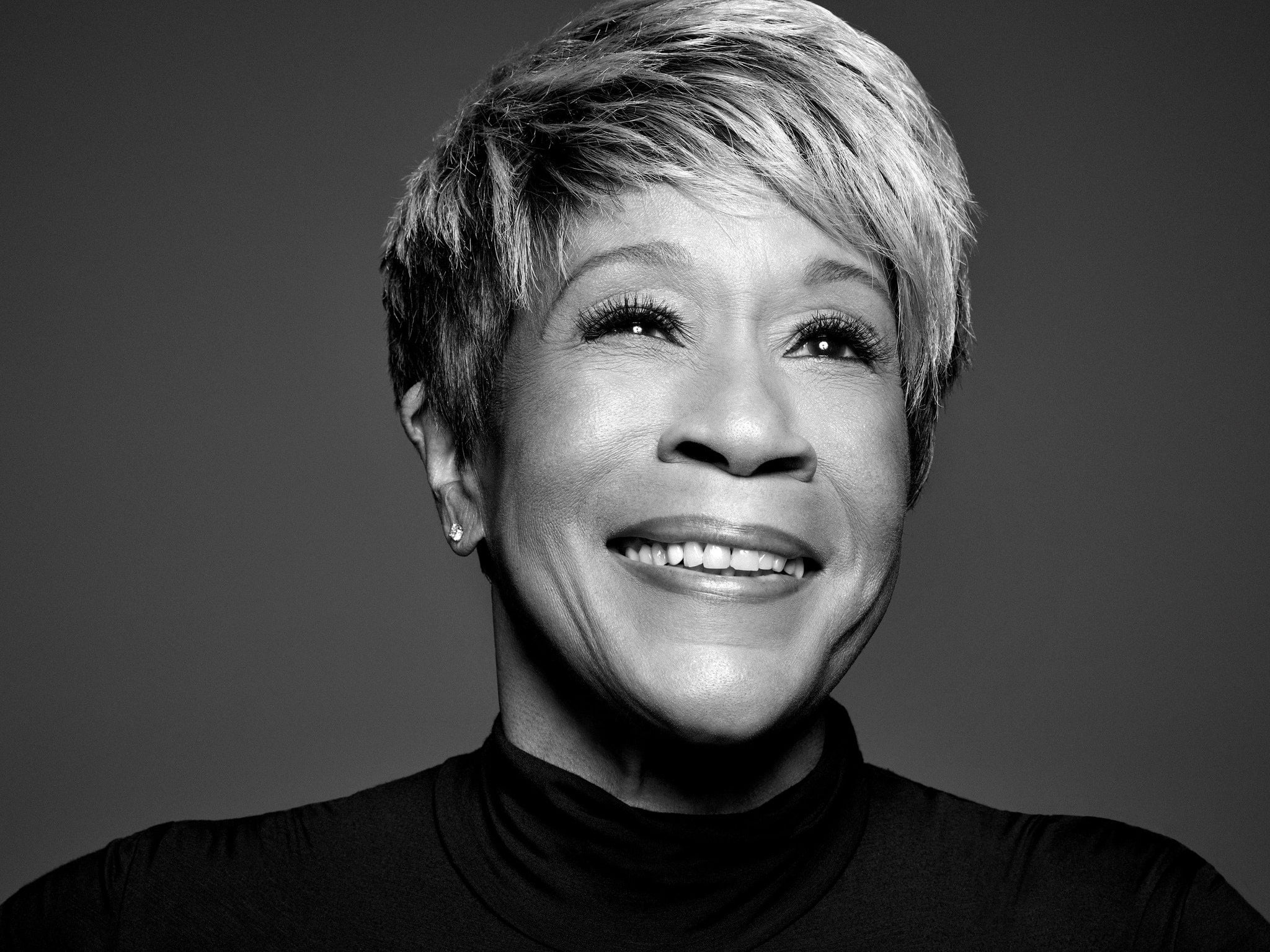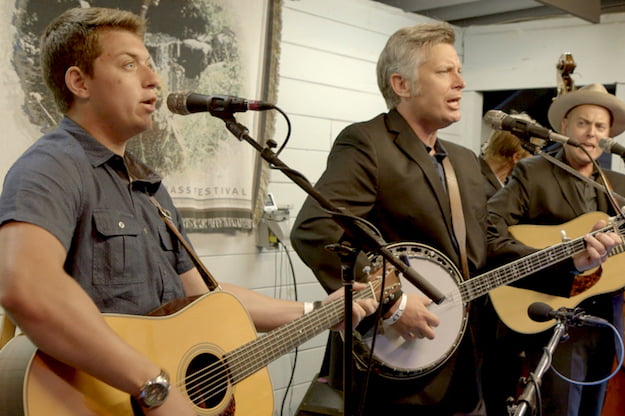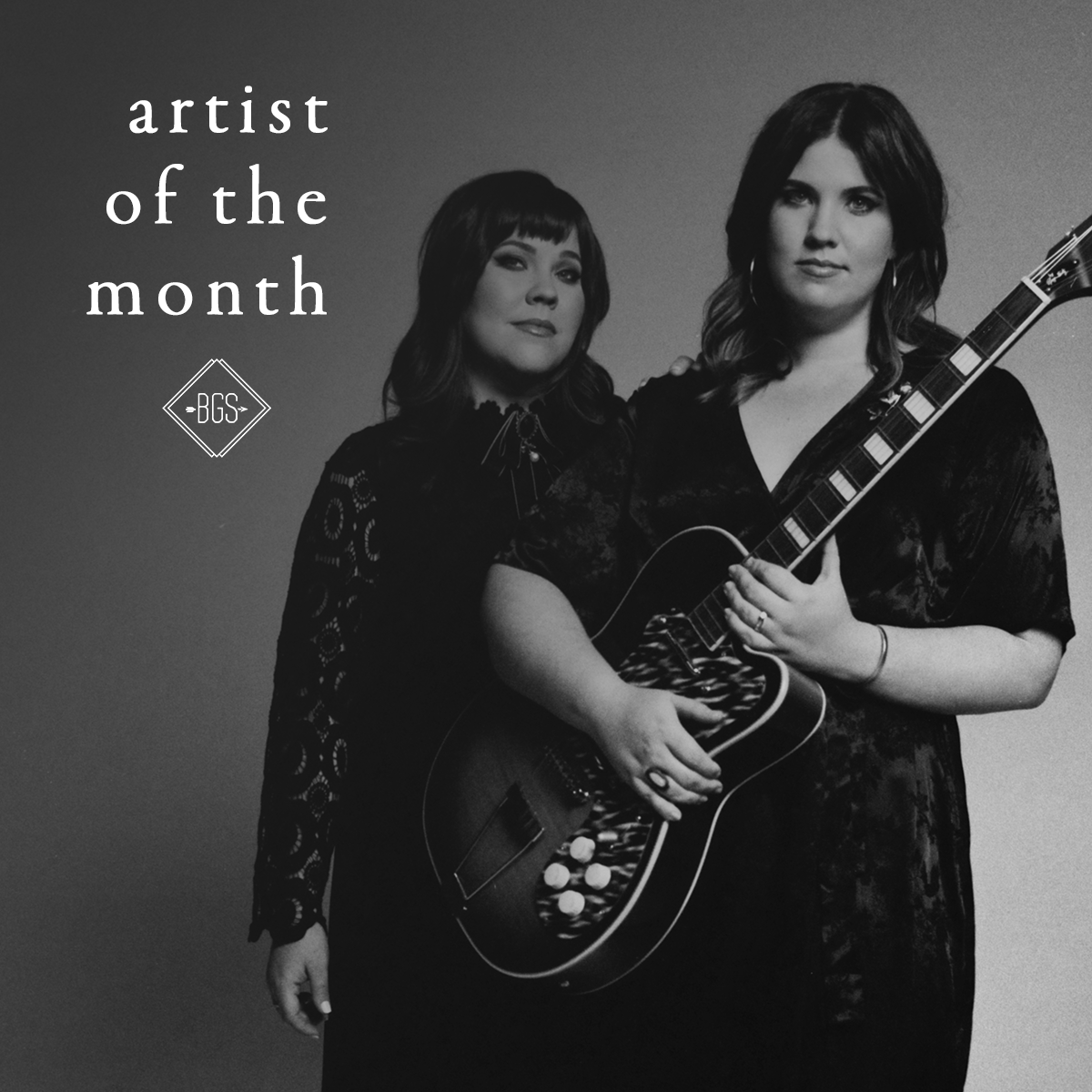There are singers, there are songwriters, and then there’s Bettye LaVette. She prides herself on being an interpreter, on using her voice to guide new melodies out of lyrics that have become a second skin to many listeners. But don’t you dare call her a covers artist. The septuagenarian’s new album, Things Have Changed — her first major label effort since 1982 — marks the first time LaVette has ever released an album focusing on one artist exclusively, and it just so happens to be Bob Dylan.
The idea sprang out of her 2008 Kennedy Center Honors performance in which she interpreted the Who’s “Love Reign O’er Me” and effectively stunned Pete Townshend. She eventually translated that moment into her 2010 album, Interpretations: The British Rock Songbook. But Dylan is a different beast. LaVette shape-shifts his Nobel Prize-winning words into growling, bluesy affairs and soul-laced R&B, each track so unlike its origin that it’s a wonder they ever came from his mouth in the first place.
LaVette uses her voice to guide her interpretations in ways that defy the traditional notion of covering a song. “I got with my keyboard player, and he played it the way I sung it,” she explains about her process on Things Have Changed. With that basic foundation in place, she approached her producer, Steve Jordan, and Dylan’s long-time guitarist, Larry Campbell — who plays on the album — to work out the arrangements. “It was going a completely different way, and they had to go with it,” she says.
One of Dylan’s most iconic songs, “It Ain’t Me, Babe” (from 1964’s Another Side of Bob Dylan), sounds like a soul-infused ditty straight out of the Stax era, while LaVette picks up on the menacing quality running throughout “Ain’t Talking” (originally “Ain’t Talkin’ from 2006’s Modern Times), lacing it with equally ominous strings. “I thought about these naked banshees running through the forest playing violins,” she says. Dylan being Dylan, there’s a certain aura surrounding his music, but LaVette strips away all that pomp and circumstance, and reimagines these songs as new possibilities for the modern age. After all, things have changed.
Even though the title of your album pulls from Dylan’s song, it seems so appropriate today. As an artist, how are you trying to cope with the changes we’re witnessing on an almost daily basis?
Well, my husband says I do better some days than I do others. Some days he tells me I’m just too angry about it and I have to calm down. When I do these lyrics to “Political World” and “Times They Are a Changing,” it sounds as though they were written for today, so I don’t know if Dylan is prophetic, along with brilliant, or if he just didn’t have any faith in anything getting better and he was right!
The central sentiment on “Things Have Changed,” how do you push past that to still care?
Oh, honey, I am 72 years old. I basically don’t give a fuck. Nothing at this point wears me down. I know that all of this going on right now, either it’s going to pass or we’re going to pass. Something’s going to stop, though. I hope it’s not us.
You said Dylan’s lyrics were almost prophetic in a way. How does contemporary art need to respond to this moment more than it has been?
I don’t know. I don’t really like for people to sing about what’s going on; I’d rather them say it. If you’re a big enough star, then go somewhere important and say something. I want our entertainers to be well informed and to know everything that’s going on politically really does affect all of us. I’d like to see us become a little more serious-minded, instead of sitting around and singing about it all day.
I was looking at something the other night — Jay-Z was on something — he and Snoop Dogg both are speaking so much better than when they first started, and about so many more important things. I watched them when they started, and to hear what they speak about now, it warms my heart. I still am not a fan of hip-hop, but I’m glad that, since they’re making so many millions, they’re trying to contribute something now.
Absolutely. It’s an interesting conversation taking place. So, can you take me back to the moment when you first started listening to Dylan?
I’ve always heard him, but he’s never sounded appealing to me. I’ve recorded four of his tunes — those were the only ones that I could break down to size. Otis Redding said he’d never do one. It’s too damn many words! [Laughs] He was not played a lot on Black radio, and I didn’t like, necessarily, the way he presented his songs, and I always had a whole bunch of other stuff to sing about. He hasn’t been a mainstay in my life.
As I understand it, the album’s executive producer, Carol Friedman, brought the idea to you. What was it that excited you from a creative perspective?
This was more than just a big musical opportunity. This was a big business opportunity, as well. This is my 57th year in show business, so I’m not fascinated or enamored with anyone right now. I was fascinated and enamored that I would get a chance to get a really big shot and, because the company thought it was a really great idea, I thought I would tackle it for that reason. When I started to choose the tunes — which was very difficult for me to do because there’s only so much of what he says that I want to repeat — it was quite a daunting thing. I wasn’t going to tributize him, and I don’t do cover tunes. I can sing, so I don’t have to do the song the way you do it.
Right. You’ve described yourself as an interpreter.
No. I am an interpreter. That is what I do. I had to write a whole bunch to make it fit into my mouth. I had to change the gender in a lot of places, and I got to know him a lot better. I understand him much better. I would like to talk with him, though, because I’d like to know why he feels the way he does.
Has he gotten wind of this project?
Oh, I’m sure. His manager loved it. He gave me license to change the lyrics and gave me license not to license it. So I assume Bob has heard it.
As we know, white folk artists in the ‘50s and ‘60s covered or referenced Black artists in their music. And, here, it’s thrilling to see a Black woman interpret a white man’s music. Did that ever strike you during the project?
Oh, yes! I definitely thought about it. I listened to John Lennon and Paul McCartney say that B.B. King is their idol, and I know that B.B. came very close to dying broke and unheard of, so when I did the Interpretations album, that was pure vengeance. I thought of it that way. I wanted to do the tunes well enough for whites who were in love with these guys to realize that they’re just writers. These songs are not hymns; they’re just songs. Having a husband who was a white teenager who grew up with all of these guys and has been enamored of them forever, one of the greatest joys of my life was for me to make Pete Townshend cry and for him to see it. So I enjoyed that tremendously. [Laughs]
They are considered sacred among a set, but I love what you’ve done on this album, because these songs don’t sound like what we know Dylan’s catalogue to be!
As I said, I had to sit and think about them for a long time, whereas the ones that I’d chosen to do by him before, they were just songs that I liked and I just did them. But with 12 of them facing me at one time, I said, “Now, here, let me think about them.” I had to really listen because they weren’t going to be a part of what I was doing. They were going to be what I was doing. I had to make them definitely fit into my mouth perfectly, squarely, just as if they’d been written for me. The greatest joy for me now is that the people I’ve been seeking out are Bob Dylan fans. I’m not asking my fans what they think about it; I’m asking Bob Dylan’s fans what they think about it.
And what’s the reaction?
I wanted them not to recognize them, and I wanted them not to be able to sing along with them.
You said you selected songs you could fit into your mouth. What did you want this project to say exactly?
The only words I don’t use are, “If you do this, I’ll die” and “Boy.” I’ve never said, “If you do this, I’ll die,” because that just ain’t gon’ happen. And, when I was 12, my boyfriend was 18, so boys have never been a part of my life. As long as I can remember, I’ve wanted to be grown. But I can’t think of anybody who can write a song that I couldn’t sing because you don’t have to sing it the way they write it. Sing it the way you sing.
I think some of the best songwriters are those that can be interpreted in any genre.
I find when people cover Bob Dylan songs, they worship. They don’t change them or do anything. That’s no fun!
It’s like you said, they’re not hymns.
Listen, I would not want anyone to say, “My goodness, she captured Bob perfectly.” No! No!
In terms of process, how much time do you need to spend with a song in order to hear it in a new way?
When I start to sing it without the recording, that kind of dictates the way mine is going to go. So, when I sat down with Larry Campbell, he knew immediately he could not play the way he’d played for Bob [Dylan] with the way I was singing it. I was really like a director in that, “This is no longer going this way. This is going this way.” When we did Interpretations, the first thing I said to all the musicians was, I said — all of them were white — ”I know all of you grew up with these tunes, but I want you to suspend thought about them, and don’t play anything other than what is on the paper. Play this as if it’s a song you’ve never heard before.” Some were easier for them to do than others.
Well, Things Have Changed is really something else. You’ve captured something, but it’s not his!
I’m so glad that you hear it. I wanted young people who have been given a Dylan album in their cradle when they were born, and they feel that that’s the way it should go to hear it. I would give anything to have seen [Dylan] hearing it.
To be a fly on that wall!
I would have liked to know did he recognize them all the moments they started playing, or if he didn’t recognize them, which ones didn’t he recognize? That would’ve been fun to me.



